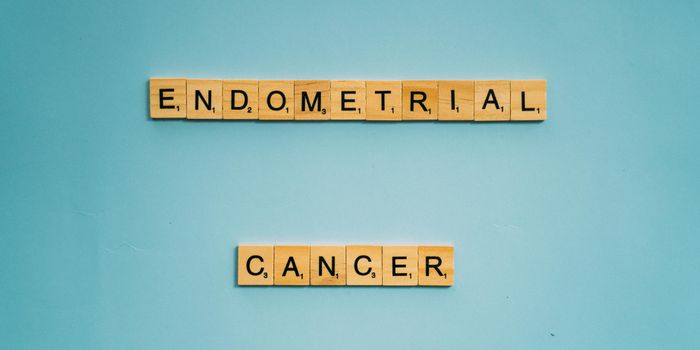Deciding Whether or not to get Screened for Lung Cancer
A common lung cancer screen called low-dose CT scanning is a potential lifesaver, but it also comes with risks from radiation exposure and potentially incidental findings. It's therefore not always easy for patients to understand or decide if they should undergo yearly screenings. A new study reported in Chest has shown that when patients obtain structured prescreening counseling and can make their decision with the help of health care professionals, they then have a clearer understanding of eligibility, risk and benefits. Low-dose CT screening is outlined in the following video.
"Screening presents a unique challenge to this balance as a minority of patients screened will experience the benefit while all have the potential to be harmed," explained lead investigator Peter J. Mazzone, MD, MPH, FCCP, Director of the Lung Cancer Program for the Respiratory Institute and the Lung Cancer Screening Program, Cleveland Clinic, Cleveland, OH. "All patients are presumably healthy at the time of screening. In addition, the fulcrum of this balance shifts based on how an individual patient values each side of the balance."
It is recommended that people over 55 who smoked for 30 pack-years or more be screened for lung cancer (to calculate pack-years, the packs smoked per day is multiplied by years smoked). The current evidence indicates that for this group of people, the benefits of screening outweigh the risks. There is, however, a recognition that a glance must be struck, and decisions about screening still have to be made on a case-by-case basis.
For this work, the researchers created a regimen of counseling and cooperative decision making for patients before they began screening for lung cancer. Various visits focused on educating patients and getting them to ask questions about different aspects of the system like the benefits and risks, eligibility requirements, and the application of these factors to each case.
From pre- and post-visit surveys, the investigators learned that at first, study participants did have a good handle on the eligibility criteria, or the risks and potential benefits of the process. However, they also learned that patient education and counseling gave patients an improved understanding of screening.
"We found a generally poor level of understanding of the eligibility criteria, benefits, and harms of screening upon entry into the program," explained Dr. Mazzone. "This understanding improved substantially after the visit at the time of the decision about whether or not to proceed with screening. Patients generally felt the messages were delivered at an appropriate level and felt more comfortable about their decision after the visit."
Another thing the research showed was that people know a lot more about lung cancer screening benefits than they do harms, or who is eligible. The investigators suggested that results from health care providers being more at ease with talking about the benefits; the risks and the eligibility standards may be seen as too complex for the average patient to easily understand. Unsurprisingly, patients with lower levels of education had a lower level of understanding but they also did benefit from education and help from healthcare providers. As such, the researchers adverted for enhancements to the tools used to educate patients with limited educational experience.
The study showed that people started with a better understanding of the benefits of lung cancer screening than the harms or eligibility criteria. Researchers theorize this is because health care providers are more comfortable discussing the benefits of screening than trying to convey the complexities of potential harm. Patients with a lower level of education were also less likely to understand the concepts pre- and post-visit but did show benefit from the counseling sessions, leading investigators to recommend exploring strategies to enhance the teaching tools used for people with the lowest education levels.
While Medicare and Medicaid require a shared decision-making meeting and counseling prior to screening, the effect of these meetings are not known. "This is the first study to show that this visit can improve a patient's understanding of lung cancer screening, allowing them to make a decision about participation that fits their values," noted Dr. Mazzone. "The Centers for Medicare and Medicaid Services' (CMS) mandate for a counseling and shared decision-making visit has been present for just the past 2 years. As programs are being developed, it is important that they understand the value of this visit. Also, since CMS pays for this visit, it is important to prove that there is value."
The findings demonstrated that knowledge gained during the visit wanes over time, suggesting additional value to a shared decision-making visit prior to each annual screen. "This would also provide an opportunity to reconfirm eligibility, deliver additional smoking cessation counseling when needed, and build a stronger patient-provider relationship. Information about personalized risk has been shown to help patients make more informed choices about participation in screening for other cancers. This portion of our visit may have contributed to the increased level of comfort with the decision to pursue lung cancer screening expressed by our patients," concluded Dr. Mazzone.
Sources: AAAS/Eurekalert! via Elsevier News, Chest








